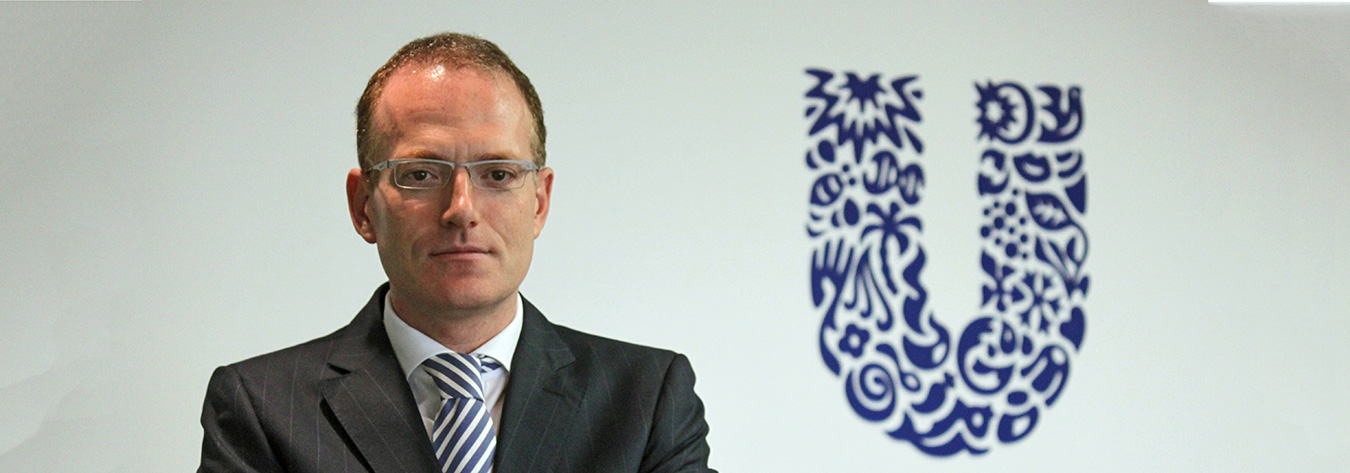Ashoka, the largest network of social entrepreneurs in the world, on 2 July launched its Japan campaign for businesses to find new solutions for our world’s toughest problems.
And, perhaps unsurprisingly, the US-based organisation turned at the outset to Unilever Japan to assist in getting across the key messages of its “Every Company— A Changemaker” project.
Unilever is widely recognised as one of the most forward-thinking firms in the world in terms of encouraging sustainability, assisting businesses and communities in developing nations, taking measures to protect the environment, and promoting practices that maintain health.
At the same time, the firm, which can trace its roots back to Victorian England, has proved itself more than adept at being able to make a profit while achieving positive social change.
That makes Unilever a perfect fit for Ashoka, which was founded by Bill Drayton in 1980. It provides financing for start-up enterprises, professional support services and connections to a global network in business and social sectors, and serves as a platform for people dedicated to changing the world.
A pioneer in the field of social entrepreneurship, Ashoka has nearly 3,000 fellows in 70 countries, putting system-changing ideas into practice and solving social problems.
In a video address at the launch event, held at the International House of Japan in Minato Ward, Drayton said that our world is today “facing the biggest turning point in millennia”.
“Change requires new organisations and people with different skills”, he said. “Every company has to recruit people with types of talent that are different to [those required] previously, or develop that talent themselves.
“We are in a new strategic environment, so our strategies as companies and organisations also need to be different, [and] our skills as leaders need to be different”.
Unilever is one of the firms that has demonstrated that sort of approach in the way it does business, Drayton pointed out.
“Unilever understands that, to do business, it needs to deal with the whole world, not just one part of it”, he said. “And when everyone is a change-maker, that means we will be inheriting a more equal world”.
Throughout its campaign, Ashoka will be carrying out a series of seminars, workshops, dialogues and discussions for members of Japan’s corporate world, in an effort to shift from the present business-as-usual scenario to a model that is more sustainable and responsible.
As a role model for that approach, Unilever is happy to provide assistance and support, said Fulvio Guarneri, who took over as president & CEO of Unilever Japan in August 2014.
There is a clear and increasingly urgent need for firms to follow in Unilever’s footsteps, he said, given the scale of some of the problems that our world faces.
“The first time I saw the statistics, I was shocked”, Guarneri said. “2bn people are facing shortages of safe drinking water. And that’s not just in the developing world, as places like Texas are also now experiencing shortages as well”.
Then there is the pressing problem of rapid deforestation, as mankind devours raw materials such as palm oil. Access to adequate and healthy food remains a serious problem in large parts of the world, including Japan, with 15% of Japanese people now living below the poverty line, he pointed out. On the other hand, obesity is a growing problem in many developed states.
“I would say that the world is better today than it was in the 19th century, but the problems that we face are bigger”, Guarneri said.
Already deeply aware of its social responsibility, Unilever went one step further in 2010 with the introduction of the Unilever Sustainable Living Plan (USLP). It is a “new vision to make the world sustainable and to improve the future for people”, Guarneri said.
The three key commitments of USLP are to improve the health and well-being of 1bn people by 2020; to halve the environmental footprint of Unilever’s products across the value chain and source 100% of the firm’s agricultural raw materials sustainably; and to enhance the livelihoods of millions of people, such as through ensuring equality in the workplace and providing opportunities for women.
“When we first started, people were a bit sceptical”, Guarneri said. “But these concepts have become mainstream now, and many customers tell us that they only buy fair trade products, or items that are labelled as having come from sustainable sources.
“So [this plan] is not just about looking good or for corporate social responsibility; it has become our business model”, he added.


